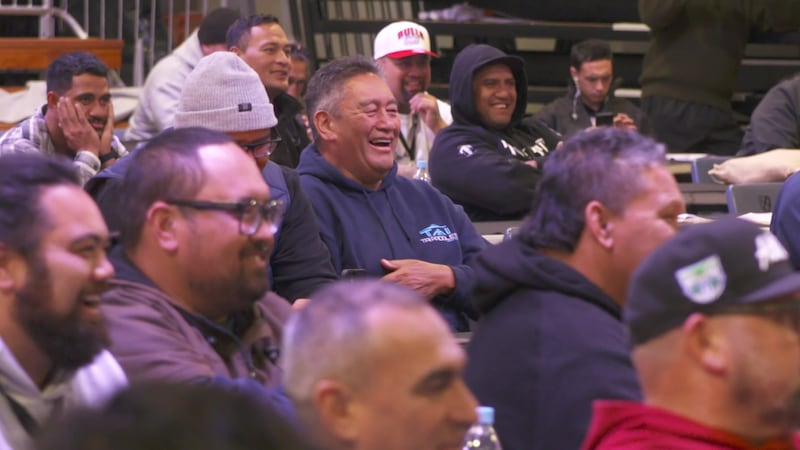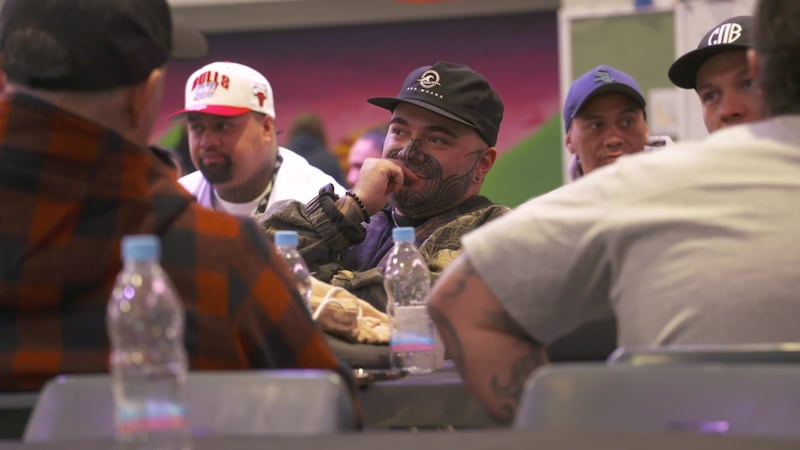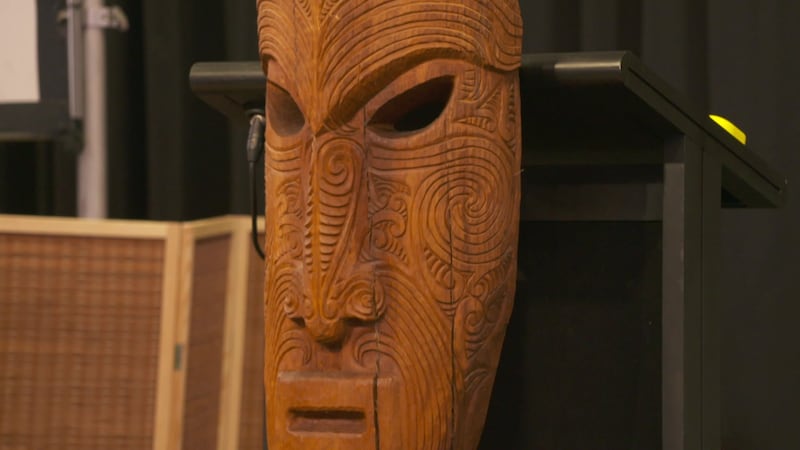The National Māori Men’s Health and Wellbeing Conference, Hui Tāne, took place this week, focusing on how to support tāne Māori and their mental health.
The event took place in Northland and was supported by many Māori men of influence who shared their mental health journey.
The event was called by Hone Harawira as a means to uplift tāne Māori.

“Kua kite mātou, he tini ngā kaupapa huri rauna i te motu, engari, e kore mātou e hui tahi ana. Nā reira, kua karanga ahau ki ngā rōpū katoa, ki ngā tāne katoa me ō rātou kaupapa kia haere mai, kia hui tahi kia rongohia ai tātou me pēhea tātou i roto i tēnei ao,” he says.
Mental Health struggles for tāne Māori
According to Health New Zealand statistics, suicide rates for Māori men are twice as high as opposed to non-Māori.
In 22/23, statistics show that per 100,000 people, 24.8 Māori males commit suicide, compared to 12.7 per 100,000 non-Māori men.
Rikki Solomon, whose work involves teaching rangatahi about the maramataka and how it can improve mental health, says that there are many burdens that contribute to these statistics.
“Our biggest challenge in life is ourselves and our own battle with our own inner voices, saying, ‘I’m not good enough, I’m not a good father, I’m not a good son, and we’re battling with that every single day.”
Heemi Kapa-Kingi, co-founder of ‘Soften Up Bro’, supports breaking barriers and encourages tāne Māori to open up about their vulnerabilities.

“Ka puta mai ko te pono o te mamae, te pono o te pōuri, te pono o te āhuatanga e pēhi ana i a tāua tāne.”
Hui Tāne 2025
Arā te tokomaha o ngā tāngata rongonui kua tae ake ki Kaitāia, ki Te Wharekura o Te Rangi Āniwaniwa i tēnei wiki, pērā i a Dave Latele, Ahorangi Rangi Mātāmua rātou ko Mike King.
Ko te whāinga o te kaupapa kia panoni ai ngā whakaaro o ngā tāne Māori, kia whai wāhi hoki ai rātou ki te whakakōrero i ngā uauatanga ka pā ki a rātou.
E mea ana a Solomon, he haerenga takitini tēnei.

“I think it’s a space for our tāne. It’s a space where we can sit as tāne and be here together as a collective, understanding all of the struggles that we all go through, and I suppose the biggest one is that we’re all in this together.”
Hei tua atu, e whakaae ana a Hone Harawira ki te tai ō whakaaro e huri nei, me te aha, me noho ngātahi ngā whakaaro ō nehe, me ērā o te naiānei.
“He ao rerekē. Tētahi kōrero atu i tēnei hui, me pēhea rā e whakakotahi ai ngā whakaaro o te ao kōhatu me ngā whakaaro o ēnei o te ao hou.



